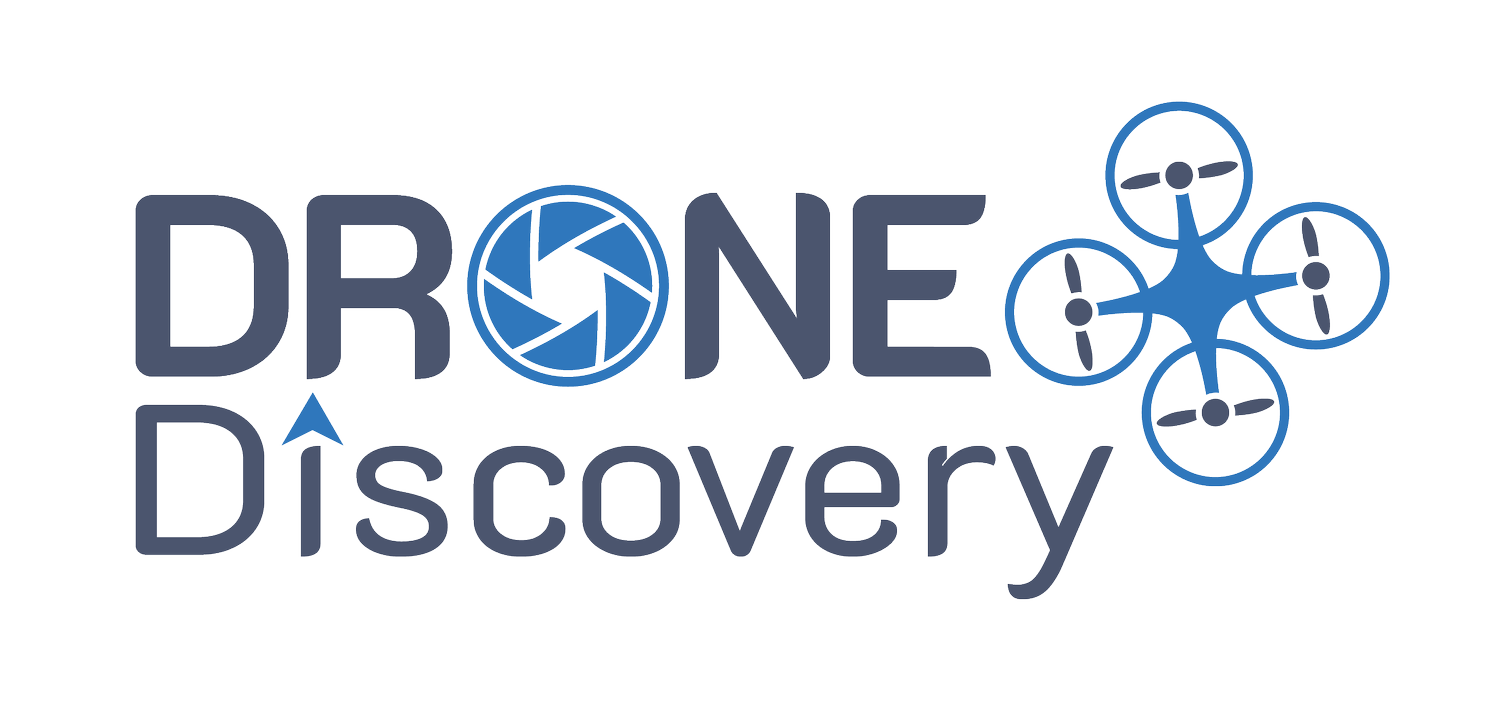Soaring to New Heights: The Transformative Impact of Drones in the Construction Industry
In the dynamic realm of construction, innovation is key to unlocking efficiency, safety, and precision. Over the past few years, the construction industry has witnessed a revolutionary shift with the integration of drones. These unmanned aerial vehicles (UAVs) are proving to be invaluable tools, offering construction professionals a bird's-eye view that not only enhances project management but also elevates safety standards. In this blog, we explore the myriad ways in which drones are reshaping the landscape of the construction industry.
Aerial Surveying and Mapping:
Drones equipped with high-resolution cameras and advanced mapping software have revolutionised the surveying process. Construction sites can now be surveyed with unparalleled speed and accuracy, providing detailed topographical data. This information aids in project planning, enabling construction teams to make informed decisions about site logistics, design adjustments, and resource allocation.
Progress Monitoring and Documentation:
Tracking the progress of construction projects has never been more efficient. Drones can capture real-time aerial footage, allowing project managers to monitor developments and identify potential issues promptly. Regular drone flights create a comprehensive visual timeline, which is invaluable for documentation, project reporting, and stakeholder communication.
Enhanced Safety Inspections:
Traditional safety inspections in construction often involve risky tasks such as climbing scaffolding or using cherry pickers. Drones eliminate the need for such hazardous practices by providing a safer and more accessible alternative. They can inspect structures, roofs, and other hard-to-reach areas, enhancing safety protocols and reducing the risk of accidents.
Efficient Inventory Management:
Drones contribute to more effective inventory management by providing accurate and up-to-date stockpile measurements. This is particularly beneficial for large construction sites with substantial material storage needs. By optimising inventory tracking, construction teams can reduce waste, streamline logistics, and ensure a steady supply of materials.
Construction Site Security:
Drones equipped with high-definition cameras and thermal imaging capabilities serve as effective tools for enhancing construction site security. They can monitor sites during off-hours, detect unauthorised access, and provide real-time alerts to security personnel. This proactive approach helps prevent theft, vandalism, and other security breaches.
Precision in Design and Planning:
Drones facilitate precise data collection that aids in design and planning phases. By incorporating accurate topographical data into the design process, architects and engineers can create more realistic and efficient plans. This precision contributes to better project outcomes, reducing the likelihood of costly design errors.
Environmental Monitoring:
Construction projects often impact the environment, requiring adherence to strict regulations. Drones can monitor environmental changes, assess the impact on ecosystems, and contribute to compliance reporting. This proactive approach not only promotes environmental responsibility but also helps construction companies navigate regulatory requirements.
As drones continue to evolve and prove their worth in the construction industry, the possibilities for innovation and efficiency are limitless. From surveying and progress monitoring to enhancing safety protocols and environmental responsibility, these unmanned aerial vehicles are transforming the way construction projects are planned, executed, and completed. Embracing this technology is not just a choice; it's a step towards a safer, more efficient, and future-ready construction industry.
